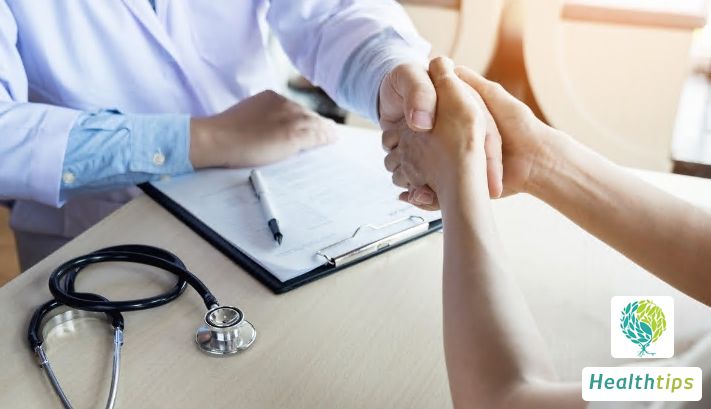IVF children grow up to have normal and healthy fertility similar to naturally conceived children. Therefore, families with infertility issues who meet the conditions for IVF may consider this reproductive method. Evidence has shown that there is no difference in fertility between IVF children and naturally conceived children. Currently, there is the advanced third-generation IVF technology, which can screen for genetic diseases, enabling IVF babies to avoid the troubles of familial genetic diseases and reducing the risk of some infectious diseases, leading to healthier babies in the future. Therefore, in some aspects, the third-generation IVF technology can not only solve certain infertility issues but also achieve better eugenics.
 IVF is an emerging assisted reproductive technology that is currently mature in our country. Therefore, experts suggest that unless it is absolutely necessary, couples who have not been able to conceive after receiving scientific treatment may consider the last resort: IVF. That is to say, it is a relatively safe and reliable assisted reproductive method. However, if considering IVF transplantation surgery, one must also consider the possibility of failure and make corresponding preparations. People who have just undergone IVF transplantation surgery should pay special attention to protecting their bodies. In addition to some daily necessities, such as resting in bed for 48 hours after returning home, choosing to lie flat, lie on one side, or sleep on the stomach, but not getting up, which is not suitable for the success of IVF transplantation. They can lean back on the bed, but the angle must be less than 45 degrees. In addition, it is important to avoid taking a shower within 48 hours. After transplantation, avoid strenuous exercise, jogging, or cycling, but walking slowly is beneficial for health and safety. Try to keep the body in a quiet state and avoid overexertion. Ensure adequate rest and sleep. Apart from physical aspects, it is essential to maintain a normal mindset and not be overly worried or anxious. If there are any abnormal abdominal pain, bloating, or vaginal bleeding, it is imperative to immediately contact a medical institution for appropriate treatment. Furthermore, it is crucial to consult with a doctor and follow their advice closely.
IVF is an emerging assisted reproductive technology that is currently mature in our country. Therefore, experts suggest that unless it is absolutely necessary, couples who have not been able to conceive after receiving scientific treatment may consider the last resort: IVF. That is to say, it is a relatively safe and reliable assisted reproductive method. However, if considering IVF transplantation surgery, one must also consider the possibility of failure and make corresponding preparations. People who have just undergone IVF transplantation surgery should pay special attention to protecting their bodies. In addition to some daily necessities, such as resting in bed for 48 hours after returning home, choosing to lie flat, lie on one side, or sleep on the stomach, but not getting up, which is not suitable for the success of IVF transplantation. They can lean back on the bed, but the angle must be less than 45 degrees. In addition, it is important to avoid taking a shower within 48 hours. After transplantation, avoid strenuous exercise, jogging, or cycling, but walking slowly is beneficial for health and safety. Try to keep the body in a quiet state and avoid overexertion. Ensure adequate rest and sleep. Apart from physical aspects, it is essential to maintain a normal mindset and not be overly worried or anxious. If there are any abnormal abdominal pain, bloating, or vaginal bleeding, it is imperative to immediately contact a medical institution for appropriate treatment. Furthermore, it is crucial to consult with a doctor and follow their advice closely.




















